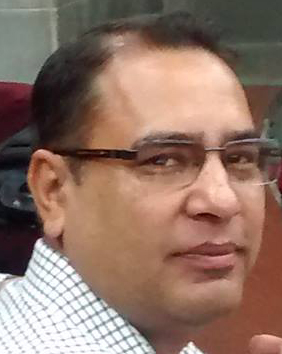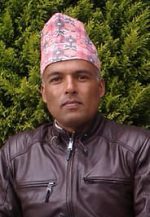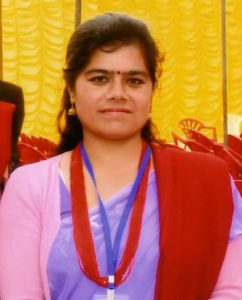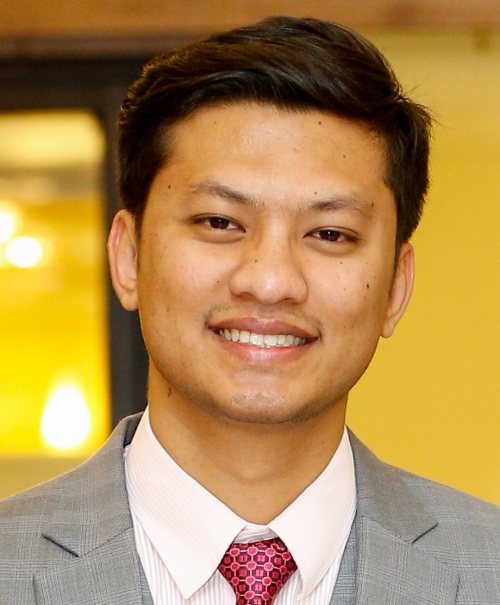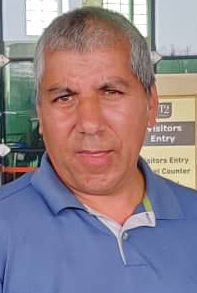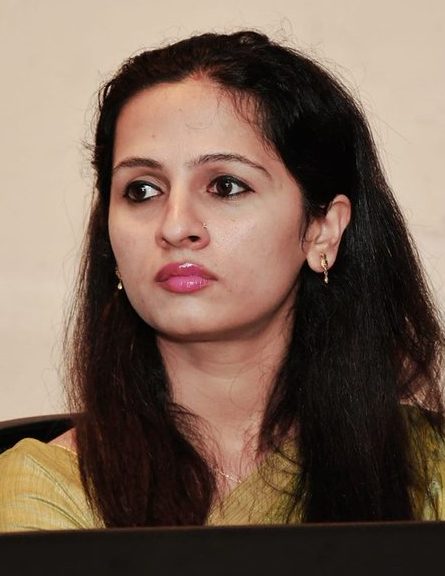– Sabin Bikram Pant
Background
Education begins at home, a common phrase that we have been hearing since our childhood. But now the time has come to modify this phrase, Career Counseling also begins at home.
In one of the surveys carried out in USA recently, a question was asked “What are their greatest regrets in life. Good number of people responded as “I wish I would’ve followed my dreams when I was in my late teens and deciding what I wanted to take in University. Had I made the decision to believe in myself — my talents, my passions, and my dreams; my life would be very different today”. The moral of the story is; career counseling is the very important part of a child’s life and it needs to begin at home.
So now the problem is – how do we ensure that our child is on right path in terms of their career? In other words, do their area of interest really represent their attitude, value, and behavior? For example, one of the issues that we regularly face when a student comes to us and asks, should I take marketing or finance as a major in my BBA/MBA? Our child may ask the same question to us. They may also ask us should I take Science or Commerce after completing +2 exams. What will be our answer? The answer that we will give may shape their future right or wrong – their future is at stake. So how do we respond to them? We have a tendency that we take these questions very lightly and answer casually. This is the first mistake we make.
The fact is child’s career decision, or lack thereof, can impact not only the child but the parents as well. While peers largely influence our children on matters such as music or dress, research indicates that overall, parents are still the most significant influencing factor when it comes to a child’s career decision. It’s important to have career discussions with our children. Followings are few tips which may help us to understand the interest and behavior of our child.
Try to understand the behavior, value and interest of your children.
Let me explain with an example. When students come to me and ask should I take marketing as a major or finance, I respond with a set of questions; who are you? Do you like to interact with people? Do you feel awkward while taking to group of friends and families during a classroom or social gathering? Do you like to play with the numbers? Which section of news paper do you like most? Is it money or economic sections or general section? How often you participated in extra / co circular activates? Do you like to work in a team or alone? The reasons for asking these questions are very simple. Because based on their response, we can fairly make an educated guess about the personality of a person. If they feel awkward while taking group of people, they may be not good at marketing. This is just an example and may not necessarily be true all the time. But what really matters is to observe our child’s changing behavior, value and interest over the period of time.
It is extremely important to note that, our child’s interest and behavior changes over the period time. During the school days, they may be very shy person but now they may be comfortable talking to people. Similarly, it is common to see that they have different career goal in different phase of their life. For example, during their teens, they may want to be a doctor or an engineer but now at 16, they may want to be an entrepreneur. By the time they reach 20, they have completely different career goal. Do not discourage them from dreaming of what they want to be in the future. Let them explore, in fact encourage them to explore so that they themselves figure out what they actually want. However, make sure to help them in the process and don’t just sit out on the other side of the fence. Most importantly, when you help them in the process, make sure to have complete understanding of your child’s changing behavior, value and interest.
Try to be open minded
There is a chance that you may have always wanted your child to own your own business or may have beliefs that since I am lawyer my son/ daughter also needs to be a lawyer. Understand that values (i.e., what an individual determines to be important) are critical determinants of career satisfaction and career longevity. We need to help our children explore what is important to him or her, and changes in the values. Importantly we need to be prepared for the possibility of a conflict of values between us and our child. A difference in values can be a learning experience for both parents and the child. As tough as it sometimes is, we need to try to be open minded and listen rather than judge. Research shows that most of the time children listen very seriously to an open minded parents rather than imposing parents.
Do not compare
The number one mistake parents do is to compare between our child, his or her siblings and friends and even yourself. The statement “when I was your age…” will likely undermine your child’s feelings and experiences. I have seen lots of students who get frustrated due to this very reason. Making comparisons doesn’t help our child to understand his or her experiences nor does it necessarily provide him/her with an opportunity to learn more about themselves or possible career options. It can be great for us to share your experiences with our child, but let him/her develop and learn from their own experiences too.
Stay updated
How updated are we in terms of job market? Do we know what the trend is in job market? When we teach students, we want to make sure that whatever concept and practices that we are teaching must be relevant for at least coming five to ten years. We are trying to prepare our students for future based on past trends. Therefore, if we are well into our own career or haven’t experienced a recent career shift, we may not have noticed some of the trends affecting our child’s career development. It’s important that our child make career decisions based on current and future trends, and not the past trends.
Encourage them to participate in the Extra Curricular Activities and Volunteer Work
Job market and doing business is not easy toady as it used to be. In the past we had only few options available and it was not as highly competitive as it is today. Therefore, getting university degree, is of course a necessary condition but not sufficient condition. My experience as a Coordinator of Placement Cell in Kathmandu University School of Management and experience from my corporate experience, companies give high value for those who have good attitude and other soft skills. Hence, apart from good university degree, companies are looking at people who possess good soft. Soft skills refer to personalities, attributes, qualities and personal behavior of individuals. Good university degree may help our child to bring them at interview table but to get selected from interview; they must have some soft skills. Schools and university teach lots of concepts and theories to our child but there are few things that our child needs to learn apart from course books. These are known as soft skills. Some soft skills can be learnt from the regular studies in the classrooms, but there are, definitely many things they need to learn from outside their classrooms. Allowing our child to participate in the extra circular activates and volunteer works will help them to increase their skills of working in a team, ability to work under pressure, increase communication skills, problem-solving skills and most importantly it raises their self esteem, Many times, our child feel that they are worthless or there is nothing that they are good at. Involvement in extra circular activities will help them discover themselves and eventually it will help to increase their positive attitude. These skills will not only make them stand out of the crowd but also help them while they choose their career
Finally: Listen, Listen and Listen
We must recognize that fact that each person is unique, so it stands to reason that our child’s career development will similarly be unique. As a parent, we always have the best of intentions when it comes to our child and his or her career decisions. It’s important to recognize that our child may have their own definitions of success and happiness. Therefore, my suggestion is; be an active listener. The listening process involves five stages: receiving, understanding, evaluating, remembering, and responding. We have a tendency to take things easily when it comes to our child’s opinion because they are our child and we always think that we know better than them. Therefore, most of the time, we directly jump to the last part i.e. responding without understanding and evaluating, I have a experience that students frequently visits to me say that their parents do not listen to them and it is frustrating. Therefore, we must listen and listen very actively even though we know that you may have some reservations on his/her opinion. Active listening gives very positive signals to our child and it will be easy for you to explain him/her about the pros and cons of his/her opinion. If we are active listener, the good thing is, most of the time, our child also listen to us.
Career decision making is a dynamic process; it is subjected to chance and isn’t only about making one choice. As a parent and as a teacher, we are well positioned to be one of the strongest allies and one of the greatest career decision making supports in our child’s / student’s life. Therefore, as a parent and a teacher, let us be a very active listener at the same time, be curious, be understanding, and most of all, be patient.
